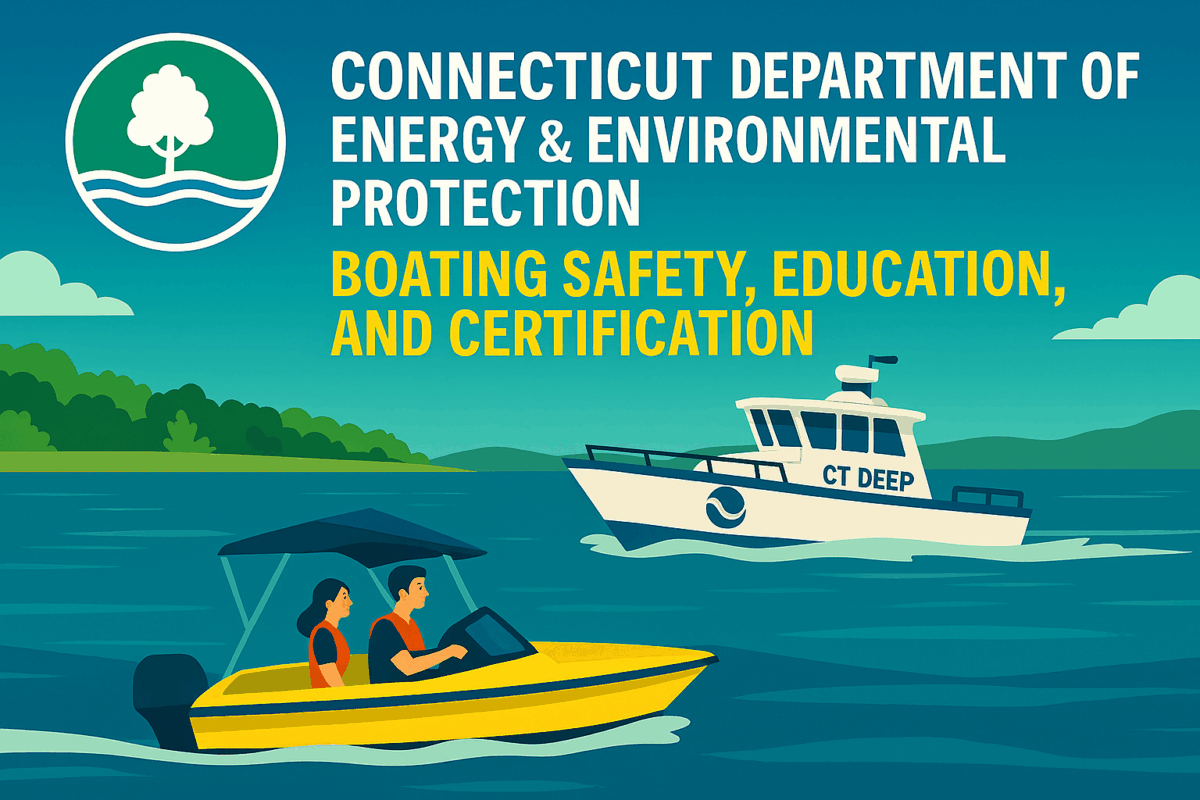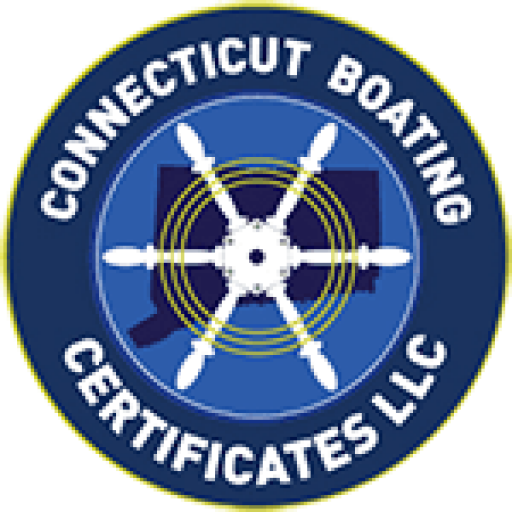Call: 1-800-832-7191

CT DEEP Abandoned Boats
CT DEEP Abandoned Boats: Understanding the Process and Your Role
The CT DEEP Abandoned Boats program helps resolve issues with vessels left unattended or improperly stored. Connecticut law defines abandonment clearly. A boat is considered abandoned if left on private property, moorings, or waters for over 24 hours without permission. The Department of Energy & Environmental Protection (DEEP) oversees this process to ensure fairness and legal compliance.
Who Can Report an Abandoned Vessel?
Only specific individuals or entities have legal standing to report an abandoned vessel. These include property owners, harbormasters, police departments, and emergency responders. Licensed marine salvagers may also act on behalf of these parties. To begin the process, the party must submit a notarized Notice of Abandoned Vessel to DEEP. This includes photographs and a $20 fee. Once submitted, DEEP investigates and posts the vessel’s details online.
What Happens After a Vessel Is Reported?
After DEEP receives the notice, the vessel’s information is listed publicly for 45 days. During this time, the owner or lienholder may reclaim it. If no one claims the vessel, ownership transfers to the reporting party. That person may then keep, sell, or dispose of the boat. However, DEEP limits each applicant to three vessels in process at one time. This rule prevents backlog and ensures timely resolution.
Legal Safeguards in the CT DEEP Abandoned Boats Program
The CT DEEP Abandoned Boats process includes safeguards for lienholders and vessel owners. Owners can rebut abandonment claims by proving recent payments or intent to retain the vessel. DEEP may request financial records to verify claims. If a vessel has a federal tax lien, DEEP cannot discharge it. The new owner must work with the IRS to resolve the lien. Documented vessels require an Abstract of Title from the Coast Guard before processing.
Final Thoughts on Responsible Boating
Responsible boat ownership includes proper storage, registration, and timely payments. Abandoning a vessel can lead to fines and legal complications. The CT DEEP Abandoned Boats program ensures that neglected vessels do not become environmental or navigational hazards. By following the law and respecting waterways, boaters help maintain safety and order. Always communicate with DEEP if you suspect a vessel has been abandoned.
